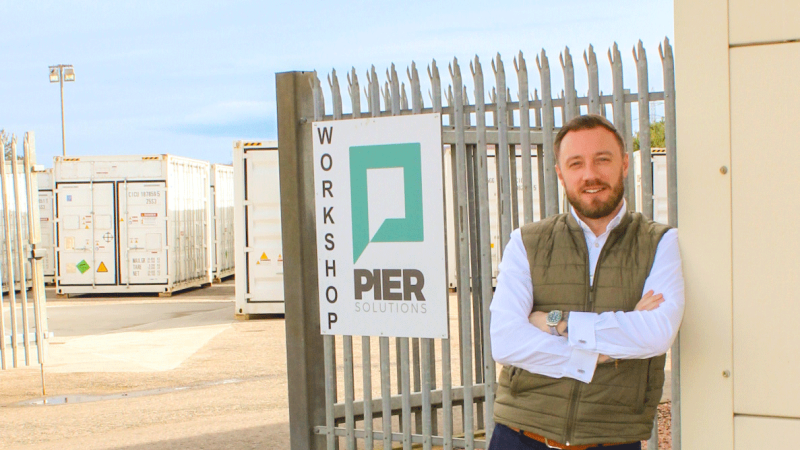In September 2022, the number of companies that registered for insolvency peaked at 1,679, with this figure 16% higher than the same month during the previous year.
It’s also 11% higher than pre-pandemic figures recorded three years ago, with a total of 1,508 company insolvencies recorded in September 2019.
In a world gripped by economic uncertainty and contraction, it’s the English capital of London that remains a seminal hub for insolvency and subsequent restructuring. But why is this the case, and why is the city also popular among international brands that are engaging in corporate restructuring.
Why is London a Hub for Insolvency and Restructuring?
There are a number of regulatory and legislative factors that earmark London as a leader for insolvency and restructuring, with the wider framework in the UK establishing a trusted and transparent legal precedence that helps to protect businesses. Here are some specific laws to keep in mind:
- The Enterprise Act 2002: Introduced at the turn of the century, this reform popularised a number of fast-tracking insolvency procedures, which are designed to help companies quickly and efficiently when they experience difficulty. This prevents firms from suffering unduly and makes restructuring a more viable option early on.
- The Companies Act 2006: This sets out a legal framework for all incorporation companies in the UK, which emerge from the ashes of insolvent businesses. This act also contains provisions for restoring companies that have become insolvent and require restructuring.
- The Insolvency Act 1986: Last, but not least, we come to the Insolvency Act 1986. This is the single most important piece of legislation in relation to insolvency and restructuring in the UK, as it sets out all basic procedures relating to winding up businesses and the process of administration.
Efficient Courts and Cross-Border Insolvencies
The UK is also home to incredibly efficient courts, which underpins London’s international reputation as a leading business hub.
In October 2022, the UK Supreme Court also delivered a long overdue verdict regarding the duties of directors of insolvent companies, pertaining particularly to creditors’ interests from the point that a business starts to border on insolvency.
Basically, from the point of a company reaching insolvency, shareholders are now prohibiting from authorising a director’s breach of creditor duty. This may require companies entering insolvency to seek out legal advice regarding their position, but it affords protection to all parties and underlines London’s advanced legal framework in this field.
As a global economic and financial hub, London is also perfectly placed to deal with cross-border insolvencies. Cross-border insolvency can be challenging as it features businesses active in a number of different markets and who may owe creditors in several different currencies.
This type of expertise is highly sought after in the fields of insolvency and restructuring, regardless of which industry they operate in and the circumstances surrounding their case.







